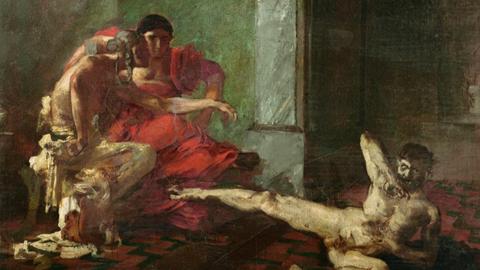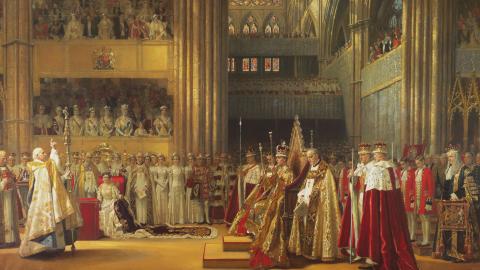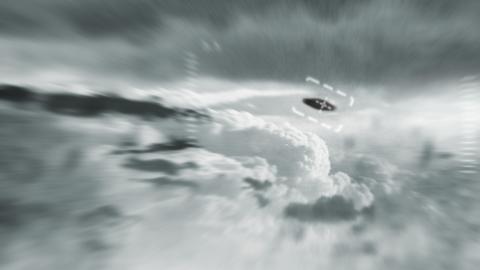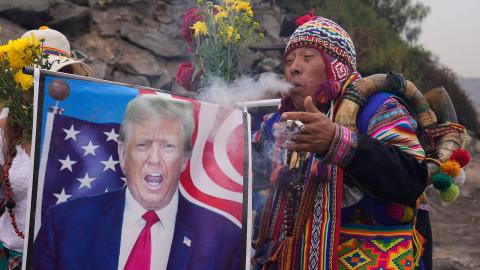The First World War inspired an explosion of literary output not experienced before or since; while many plays, novels and stories featuring the life of a nation at war made their rounds, poetry was undoubtedly the preferred mode of creative expression. So much so, in fact, that on 20 March 1916, the venerable trench newspaper The Wipers Times posted a notice warning that 'an insidious disease is affecting the Division, and the result is a hurricane of poetry…. The Editor would be obliged if a few of the poets would break into prose as a paper cannot live by poems alone.' As that slim eight-page volume alone featured six verses, The Editor may have had a point.
Explanations for this cacophony of couplets point to a unique time in the social history of Great Britain. Never before had such a vast fighting force been conscripted from the general population, absorbing talent from all walks of society with varying levels and types of life experience. Notably, many of the highly educated middle and upper classes suddenly found themselves knee-deep in French and Belgian mud during the sort of extraordinary circumstances that demand external expression in order to maintain a certain level of sanity. Poetry was highly prized at the time, both for education and entertainment, and due to education reforms in the late 1800s public literacy was at an all-time high, so for once the ability to write and the demand for reading material prompted that virtual hurricane of literary supply and demand.
The most prized and often the most prolific of the WW1 poets were soldiers. Together, they've formed a large collection of verse documenting a life spent (in both senses of the word) in combat, expressing the fear, loneliness, homesickness, cynicism, bitterness, elation, pride and sadness that is the expeditionary soldier's lot, and which would no doubt resonate deeply with service men and women today. Quality varies, of course, but a reader less forgiving of the military establishment would do well with Siegfried Sassoon's oeuvre; he gave us that immortal and oft-quoted line (found in 'Memorial Tablet (Great War)'): 'I died in hell –/(They called it Passchendaele.)'. The ambivalent would find a like mind in Wilfred Owen, whose gut-wrenching misery found an outlet in such tear-jerkers as 'Anthem of a Doomed Youth', but who did tip into Sassoon territory to show some bitterness in the famous 'Dulce et Decorum Est' (an emotional rollercoaster ride if there ever was one that rhymed).
Related: 10 little known facts about WW1
With such a large army drawn from the general population, the Home Front was just as affected by the war on a personal level as the soldiers, albeit in different ways, and many took solace from the publication of verse, whether to condemn the war or attempt to make sense of their losses. Rudyard Kipling, who published poems and essays as pro-war propaganda, may have changed his tune after the death of his son at the Battle of Loos in 1915 when he wrote, 'If any question why we died/ Tell them, because our fathers lied.' Vera Brittain worked as a V.A.D. nurse and lost several friends, her brother and her fiancé to the war; surely she spoke for many civilians with the line 'Your battle wounds are scars upon my heart' in her work titled simply, 'To My Brother'.
The facts and interpretations of WW1 are valuable for an education in the whys and wherefores, the whos and whats; however, it is the poetry that provides the humanity, the emotional and psychological context, for the Lost Generation that we continue to mourn and celebrate even one hundred years after bells rang the guns into silence.
















